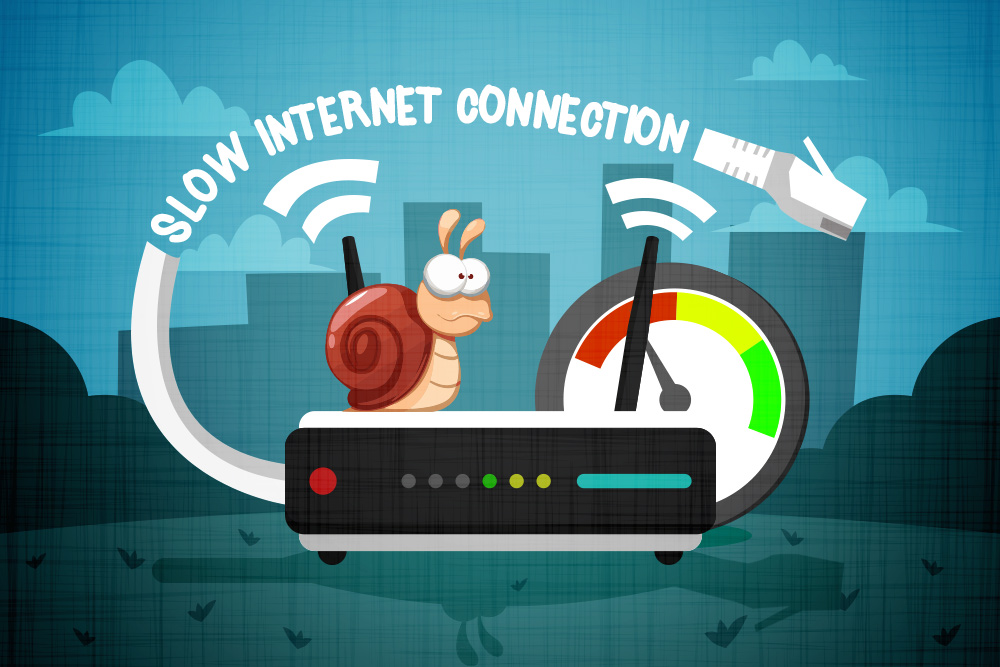At present, it has been a trend for business establishments to provide a free Wi-Fi connection to their customers. It’s a common scenario for people to look for Internet connection almost everywhere they go. Hotels, restaurants, coffee shops, offices, and other businesses invest in hiring certified fiber optic technicians to set up high-quality Internet connections in their business establishments. Free Wi-Fi connection has indeed become a must-have for businesses that want to attract more customers.
Almost everyone wants to connect to the Internet, but nobody wants to connect to underperforming ones. Slow Internet connections could really make a negative impact on your customers’ online surfing experience and your employees’ work productivity. Watch out for these five culprits of slow Internet connection and avoid the inconvenience they bring.
Improperly Configured Router Settings
The broadband router is the centerpiece of a network. When it’s configured improperly, it could really affect the speed of your Internet connection. For instance, when you set the maximum transmission unit (MTU) of your router too high or too low, it could lead to performance issues. You should keep an eye on your router’s settings and make sure that they are all consistent. When changing your router’s configuration is necessary, make sure that you take note of the changes you made so that you could undo them when needed.
Interference in Wireless Signal
It may not seem like it, but the position of your router could affect the performance of your Internet. Walls, floors, household appliances, and other wireless networks around the router could interfere with your wireless network. In the event of signal interference, computers resend messages repeatedly to overcome these issues. Because of that, it is important to carefully consider where you place your router. While doing that, you should also keep in mind that you’ll get a better Internet connection when you put your device closer to the router.
Worms and Other Malwares
One of the culprits you should watch out for is Internet worms. It is a malicious software program that spreads out from one device to another through computer networks. Worms and other malware could generate network traffic without you knowing. Because of that, it could affect the performance of your Internet connection. The best way to prevent them from infecting your computer is through acquiring an anti-virus software. You should also make sure to update it so that it could catch and remove worms and malware effectively.
Unnecessary Background Programs
Most people don’t know this, but there are some software applications that run in the background without your knowledge. These background programs hide behind other applications and consume network resources silently. These programs are designed to do useful work, but most of the time they’re just unnecessary applications that hog bandwidth. Disabling these programs could optimize your network’s speed.
Failure of Router and Other Network Equipment
If your slow Internet connection is not caused by the network issues mentioned above, the equipment you’re using may be faulty. Equipment malfunction could negatively affect the performance of your network. When you keep your routers, modems, and cables in shape, they are able to support network traffic effectively. There’s a fiber optic training in Cebu that technicians take to teach them how to properly troubleshoot these problems. This training also educates them on how to identify when an equipment needs to be upgraded, repaired, or replaced.



